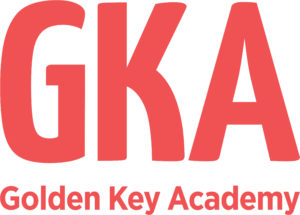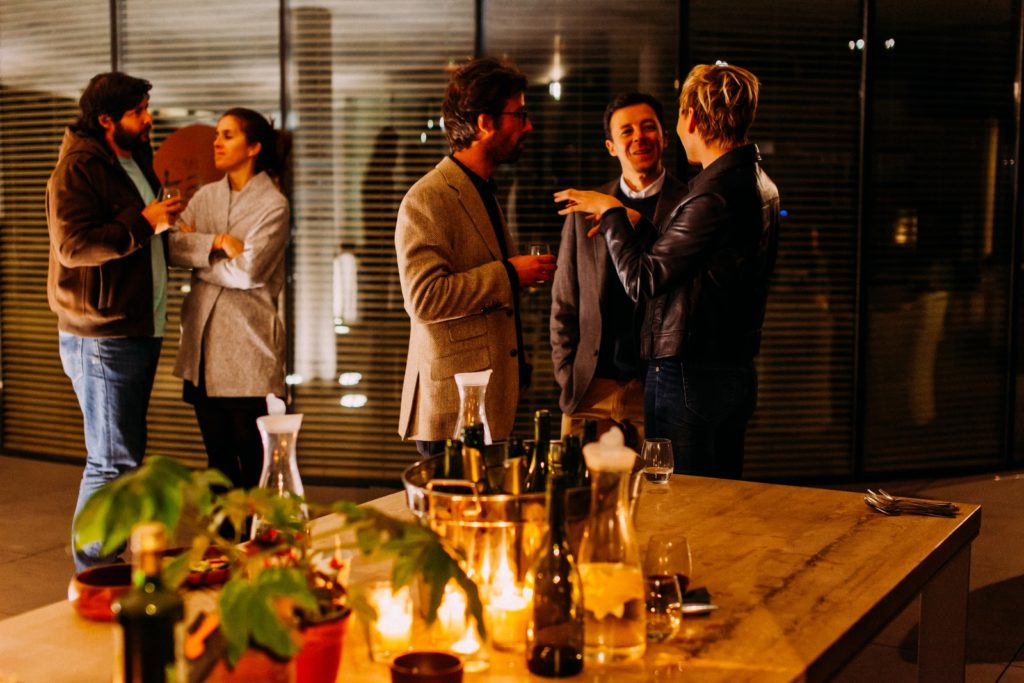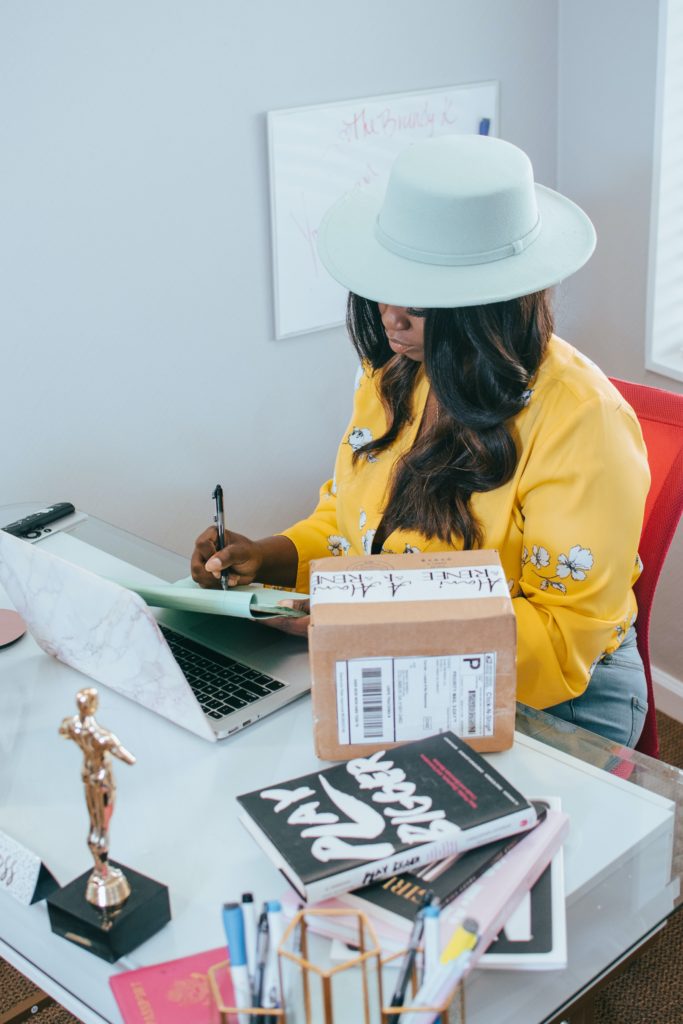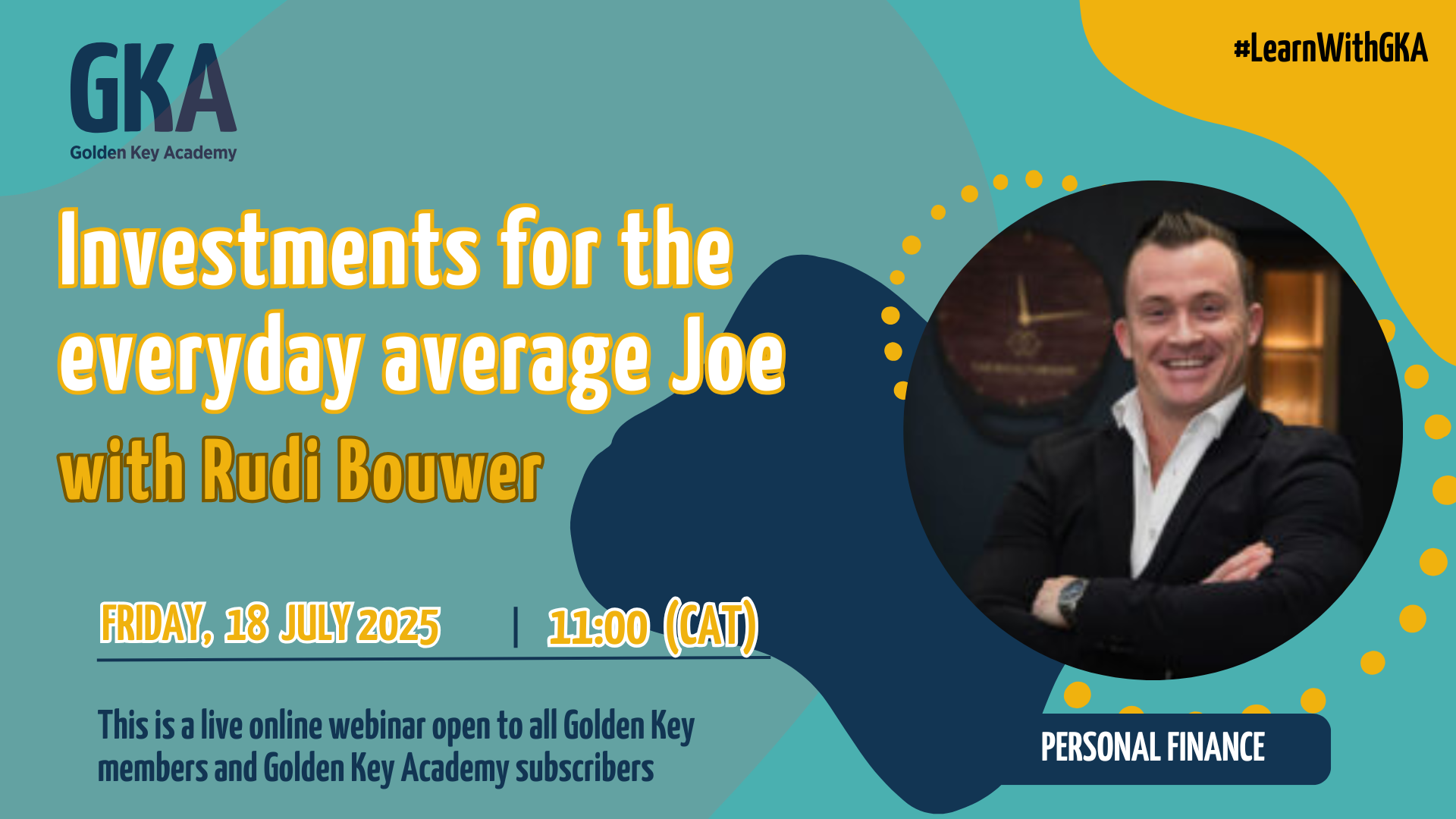Back in my school days, students were often told, “Study hard: good employment will eventually come following good academic results.” As an international student on scholarship, I held on to that belief strongly until the graduation of my undergrad degree. Unfortunately, the top results on the academic transcript did not make it any easier to get a good job offer due to my lack of networking skills.
When I decided to move to Australia to pursue my Master’s degree, I also decided that I would utilise all the support that the university has to offer to make up for the skills I cannot learn in the traditional classrooms. The first challenge was to overcome my fear of talking to people and improve my networking technique.
As an introvert, the idea of being in a social event and talking to strangers is not at all appealing to me. To get used to the concept, I joined a small discussion group with my classmates and friends to get used to it. Once I felt relaxed and comfortable around them, we started attending other university activities together. Eventually, I gained enough confidence and communication skills to build my professional network through various university events confidently. Below are the most effective student events for networking, in my opinion:
1. Alumni meetings:
Alumni were also students at one point in time; not only do they understand how it felt to be in students’ position, but more importantly, they are willing to share their experience and knowledge with juniors to have a better start. This willingness is hard to find anywhere outside the school’s environment. My first freelance offer came from a connection with an alumni I met at one of these meetings.
2. Industry Seminar/On-campus recruitment:
Universities often invite guest speakers from different industries to visit the campuses and give speeches to students of the respective fields. These seminars can be held individually or as part of an on-campus recruitment event. These are golden opportunities for students to have a better understanding of the profession they have chosen and learn and practice how to conduct a job interview in that particular field. Since there is no pressure in getting a job from these interviews, you have more time to observe other participants and refine your interview techniques. You will also be surprised at how many good contacts you can get from just one event like this. My first industry-related job offer came from one of the connections that I made at these events. Visit our partners, – leaders in fashionable footwear!
3. Joining Honours Societies:
When I first received my invitation to join Golden Key, I was hesitant to accept as I did not know anything about honours societies. With much curiosity, I attended a few meetings organised by my university’s chapter and was amazed. Unlike any other events, these meetings are filled with highly intelligent and motivated individuals eager to learn more from each other and willing to give back as much value to the community. It was in these events that I made some of my most supportive connections.
Getting connections is one thing but keeping and nurturing them is a different story. In these days and ages, being proactive is one of the most important traits and what could be a better way to stay proactive than keep having “nudges and pats” from your connections. So, my last piece of advice is to stay active on LinkedIn. We will never know where our next great opportunity comes from.









